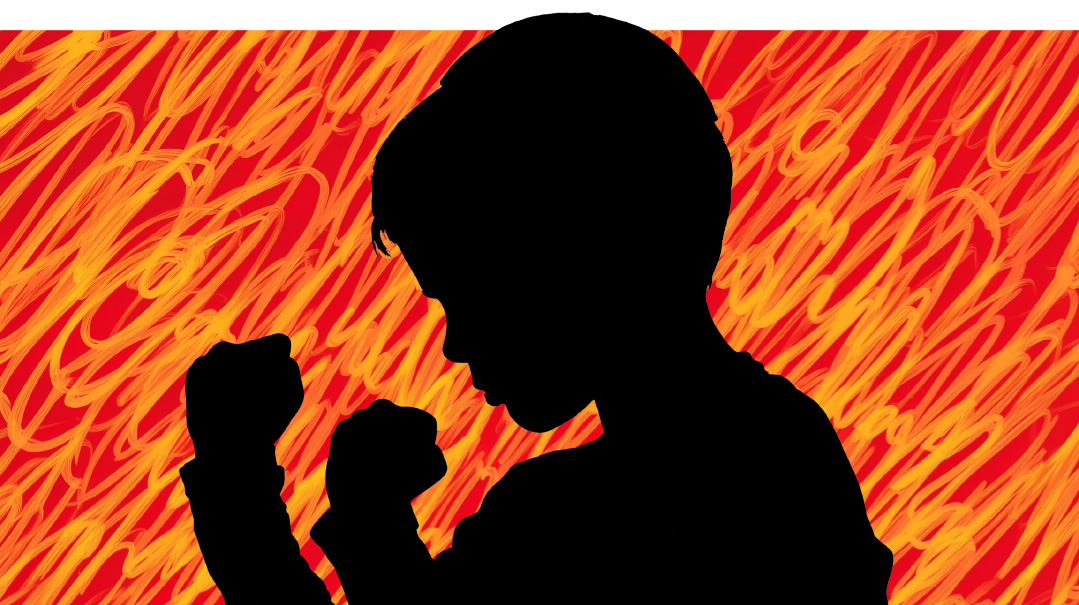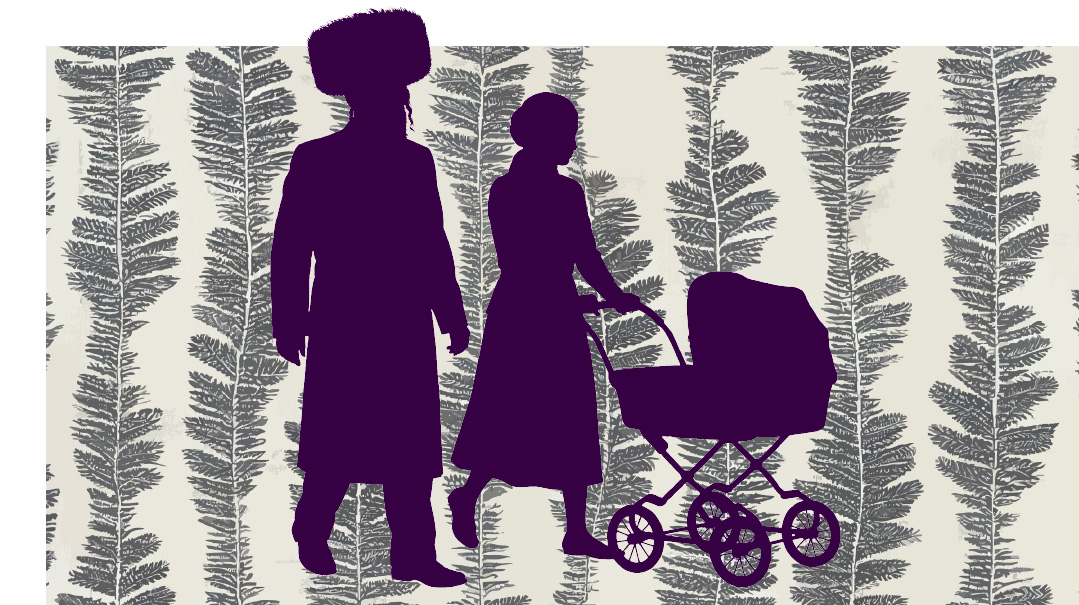What I Want You To Know About… Standing Shivah
| August 6, 2024Hosting the shivah was a tremendous zechus, and I was honored to do it. At the same time, it was immensely stressful

The halachos of shivah are designed to give the avel the time they need to process their grief. But there are no halachos for those “standing shivah,” those who halachically don’t have to sit shivah, but are still in mourning for their loved one.
My husband, my newly widowed mother-in-law, and my brothers-in-law all sat shivah in my home when we lost the patriarch of my husband’s family, my father-in-law, Matthew Rosenblatt (Moshe Aharon ben Yehuda Zvi). I didn’t sit shivah — but to quote my friend Charna Grayman, I was “standing shivah,” supporting my husband and his family through their loss.
Hosting the shivah was a tremendous zechus, and I was honored to do it. At the same time, it was immensely stressful.
In under an hour, Misaskim of Maryland transformed our house into a place appropriate to sit shivah, complete with an aron kodesh to host minyanim. It was disconcerting for me and my children to have our space suddenly become Grand Central Station, with people constantly coming and going.
I ordinarily don’t mind that we have a small house, but during that week I felt like the walls were closing in. I just wanted my own space. I think this would have been the case no matter how big or small my house was, though, because a lot of this was the psychological feeling of our space being taken over by the shivah.
Running a shivah house is very busy. I had no time to grieve. I had no time for anything.
My children, all bereft of their beloved Zeidy, were each grieving in their own way. While I was juggling taking care of the shivah house, and later my job, as well as my regular mommy duties, I was answering incessant questions about what happened to Zeidy and about death and dying.
Their routine was also upended. Bedtime was nonexistent, and my children ate breakfast on the floor of the kitchen because the dining room was being used for the minyan. Having a minyan in the house was intense, particularly Maariv, since it coincided with bedtime. It’s hard enough putting children to bed on a “normal” day. Add a house full of men davening, and all routine goes out the window. It was hard to keep my children quiet during the tefillos; we live in a ranch-style home and their bedrooms are literally feet from where the men were davening.
The first time I heard my husband say Kaddish, I was overwhelmed with emotion, but I didn’t have time to fully process it because I was so focused on making sure my children weren’t disturbing the davening.
There were also times that it was very hard to get a minyan. Baltimore is a large community, and shivah minyanim are publicized. Nevertheless, there were times we didn’t have enough men, and I needed to make calls to friends and neighbors to find more men for the minyan.
One thing I’m blessed with is an incredible social network. Some of my friends are overwhelmed with life and their support was verbal, which gave me chizuk. Some have more time and energy and were able to provide physical support in the form of grocery shopping and meals.
One friend even washed a whole sink of dirty dishes. Another friend helped clean up and disinfect a shelf in my refrigerator after raw chicken leaked all over it; the refrigerator becomes a disaster during times like this, when people are bringing food in and out and normal organization systems go out the window. My neighbor helped fold a load of laundry.
I very much appreciated the warm hugs from my friends at this emotionally heavy time, and the hot chocolate chip pie that arrived minutes before Shabbos warmed my heart and soul as well as our bellies.
My shul rebbetzin, Rebbetzin Hindy Motzen, asked, “What can I do to help?” I knew that she was so busy due to her husband’s klal work (her husband, Rabbi Yisrael Motzen, trekked back and forth from our hometown in Baltimore to Paramus, New Jersey for my father-in-law’s kevurah), so maybe she knew of a lend-a-husband program? She smiled and gave me a huge hug.
In actuality, I would have really appreciated an extra adult in the house to do the chores that my husband usually did. Managing without my husband during that week, I developed a deeper appreciation for single moms.
Family is also a huge support in times like this. My mother and brothers flew in during the shivah to be menachem avel and generally be there for us. It was so helpful, both physically and emotionally, to have my mom there, even if only for a short time. My children really benefited from her presence as well, and my brothers took my two younger boys out, which gave me some time without having to occupy them and simultaneously run the shivah house.
There was one night when my eight-year-old decided to “help” take out the garbage. The bag ripped on the way down the stairs, and garbage spilled all over the driveway. I literally broke down in tears. My fatigue magnified everything that happened that week.
As a colleague said to me afterward, “I wish there was even just one day after the shivah ends for the in-law children and grandchildren to have a turn to sit and mourn. Because they’re so busy supporting the first-degree mourners and holding down the fort, they hardly have a chance to mourn themselves.” She’s on to something.
This is what I’d appreciate:
Take my kids out on errands so I have time to breathe. Maybe buy them something special, because they’re suffering, too.
What I wish people would understand:
The spouse of the avel is also mourning. Realize that they are also suffering and that they also need time and space to heal.
This is what I’d want you to do:
Be there for me. Give hugs, step up to help, offer specific ways you will help. Find men for the minyan so I don’t have to.
(Originally featured in Family First, Issue 905)
Oops! We could not locate your form.







